Pluralism or Universalism in International Copyright Law
In a world where powerful intermediaries like Google and Facebook are de facto regulators of the communication of copyright-protected works, the democratization of access to content has both substantially expanded the availability of new markets and dramatically increased copyright infringements. Does this mean that the long-sought ideal of a “universal” copyright regulation, which would harmoniously combine effective protection of intellectual creations with public interest goals, is a lost cause? Taken together, the contributions to this insightful and thoroughly researched book suggest that despite the prevailing labyrinthine mosaic of divergent national responses to fragmentation at international level, the foundations of a universal approach can be found in the interaction of regional, national and international copyright law instruments when responding to current and emerging technologies. Emphasizing the adaptation of copyright law to the needs of the information society, this volume provides critical approaches by leading copyright scholars on whether pluralism or universalism is the appropriate path to follow for the development of international copyright law. The authors deal with such issues and topics as the following: the application of core copyright law principles worldwide; authorship, rights and exceptions in the international copyright acquis; Internet copyright enforcement; global collective management of copyright; copyright contracts; database and design rights; intermediary liability; the global reach of the U.S. Fair Use doctrine; World Intellectual Property Organization’s role and strategy in international copyright lawmaking; and bilateral trade and investment agreements involving copyright. Specific evolutions and emerging trends in national and regional digital copyright laws are analyzed and assessed as they have developed in the European Union, the United States, Canada and Australia, as well as in several Asian and African countries. Throughout, attention is paid to compatibility with the Berne Convention, the perceived core of copyright law in the international copyright acquis, and the key question of the balancing of copyright law with fundamental rights from an international and comparative law perspective. As a comprehensive analysis of how core copyright law concepts and principles function in today’s fragmented copyright legal system, this book has no peers. Its detailed treatment of numerous specific instruments and regimes, as well as its insightful approaches to the future of international copyright lawmaking, will prove of immeasurable value to lawyers, judges, policy makers, academics and researchers working in the field of copyright law.
{{comment.content}}
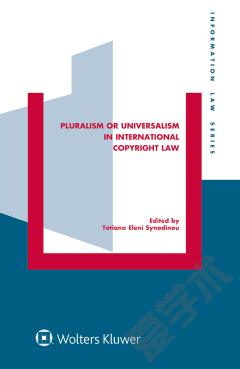

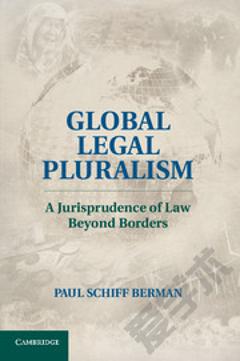
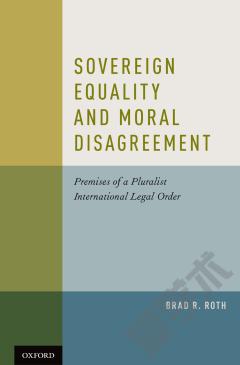
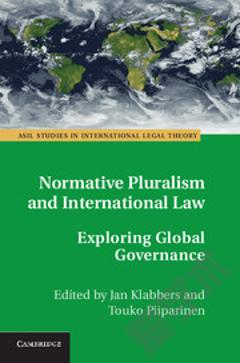

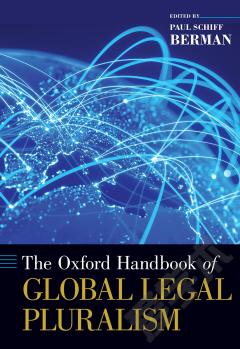

 京公网安备 11010802027623号
京公网安备 11010802027623号